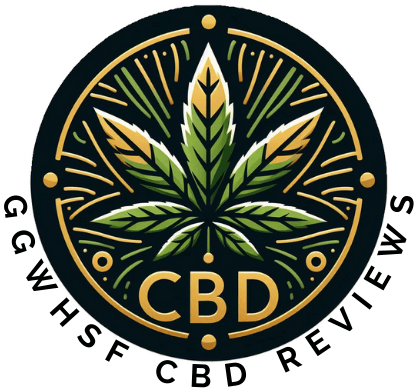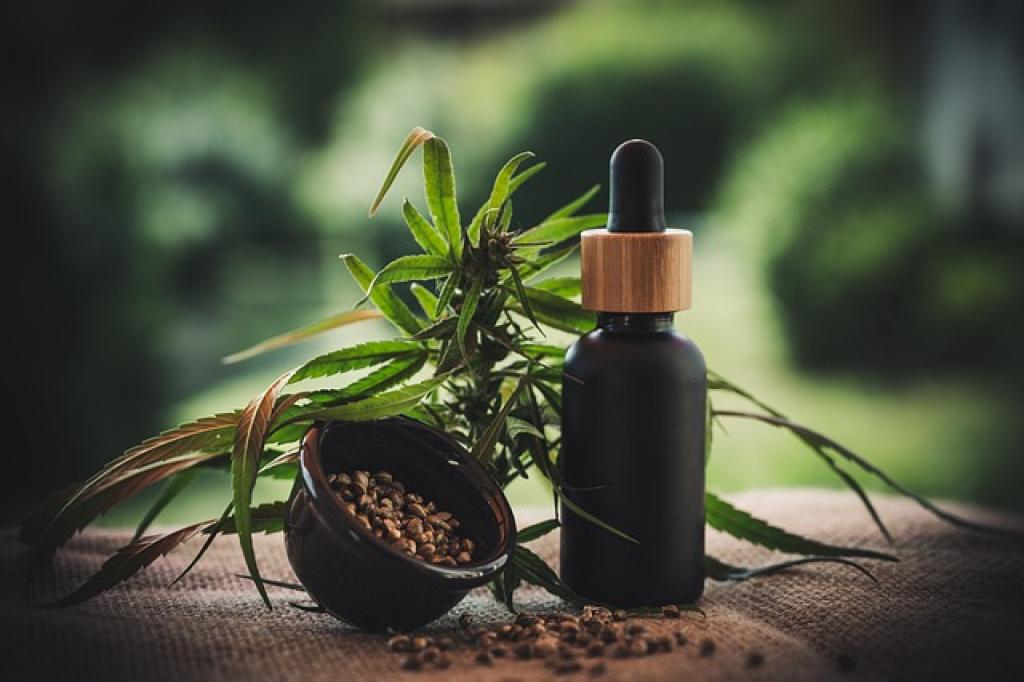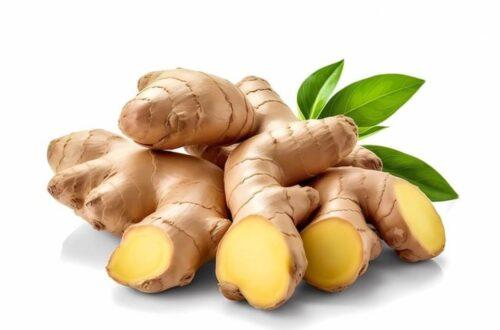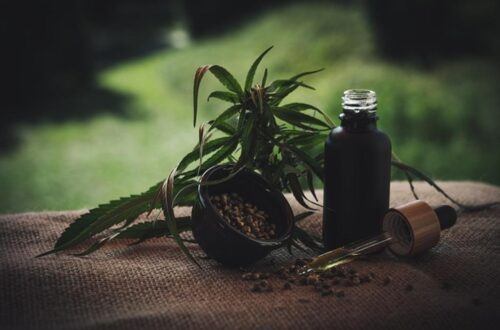If you’ve been hearing about CBD everywhere, you might have come across conflicting information about whether it is psychoactive. In this post, we’re going to dive into the world of CBD to unravel the truth behind its psychoactive properties. So, is CBD psychoactive? Let’s find out together!
Understanding CBD and Psychoactivity
CBD, short for cannabidiol, is a compound found in the cannabis plant. Unlike its cousin, THC (tetrahydrocannabinol), CBD is not known for producing the famous cannabis “high.” This distinction is where the confusion often arises. Many people associate cannabis with psychoactivity because of THC, but CBD is an entirely different story.
CBD works by interacting with our body’s endocannabinoid system, which helps regulate a variety of functions like sleep, appetite, pain, and immune response. It does not bind directly to the cannabinoid receptors responsible for psychoactivity in the same way THC does.
The Non-Psychoactive Nature of CBD
One of the main reasons CBD has gained popularity is due to its non-psychoactive nature. This means that consuming CBD products should not alter your mental state or cause you to feel “high.” Even in high doses, CBD does not produce the euphoric effects that are commonly associated with THC.
For this reason, many people turn to CBD for its potential therapeutic benefits without the fear of experiencing mind-altering effects. Whether you’re using CBD for pain relief, anxiety, or sleep issues, you can do so with peace of mind knowing that it is non-intoxicating.
Why the Confusion Exists
Despite the scientific evidence supporting CBD’s non-psychoactive nature, there are instances where people may still experience some psychoactive effects. This can happen when CBD products contain traces of THC above the legal limit (0.3% in the US) or when individuals are highly sensitive to even small amounts of THC.
Additionally, the way our bodies metabolize CBD can vary from person to person, potentially leading to unexpected reactions. Factors like metabolism, dosage, and overall health can influence how CBD interacts with our bodies, contributing to the confusion around its psychoactive properties.
Legal Considerations
In the United States, the legal status of CBD is somewhat complex, further adding to the confusion. While hemp-derived CBD containing less than 0.3% THC is federally legal, marijuana-derived CBD with higher THC concentrations remains illegal at the federal level. It’s essential to be mindful of local laws and regulations when purchasing and using CBD products.
Before trying CBD, it’s always a good idea to consult with a healthcare provider, especially if you have any underlying medical conditions or concerns about potential interactions with other medications. A professional can offer personalized advice based on your individual circumstances.
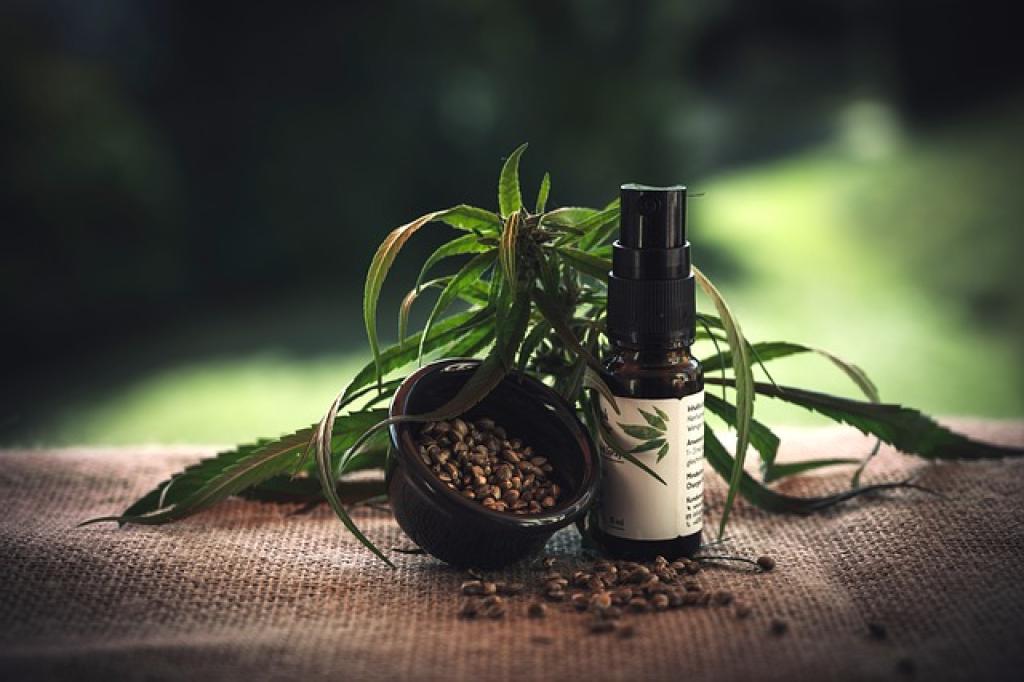
Clearing Up the Misconceptions
In conclusion, CBD is generally considered non-psychoactive. While there may be rare cases where individuals experience mild psychoactive effects due to various factors, the typical CBD user should not expect to feel high or impaired. Understanding the differences between CBD and THC, as well as the importance of product quality and legal considerations, can help clear up misconceptions surrounding CBD’s psychoactive properties.
When used responsibly and with awareness of legal regulations, CBD can be a valuable addition to your wellness routine. Whether you’re looking for relief from discomfort, stress, or sleep issues, CBD offers a promising natural alternative that is worth exploring.
The Bottom Line
In the end, CBD is not psychoactive in the same way as THC. While individual responses may vary, the consensus is that CBD is generally well-tolerated and unlikely to produce intoxicating effects. By staying informed and making informed choices, you can enjoy the potential benefits of CBD without worrying about unwanted psychoactive outcomes.
